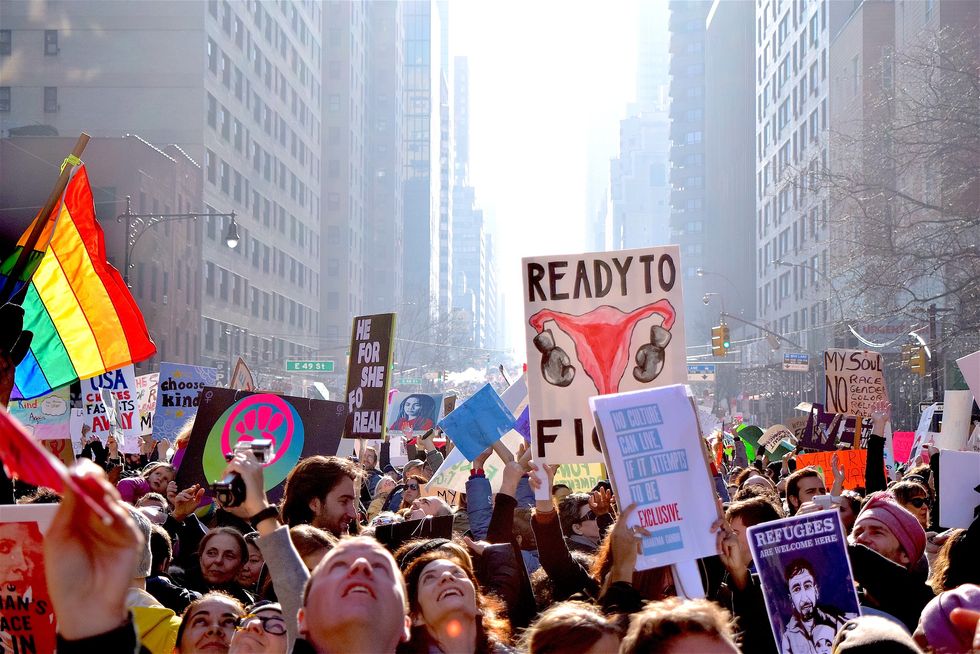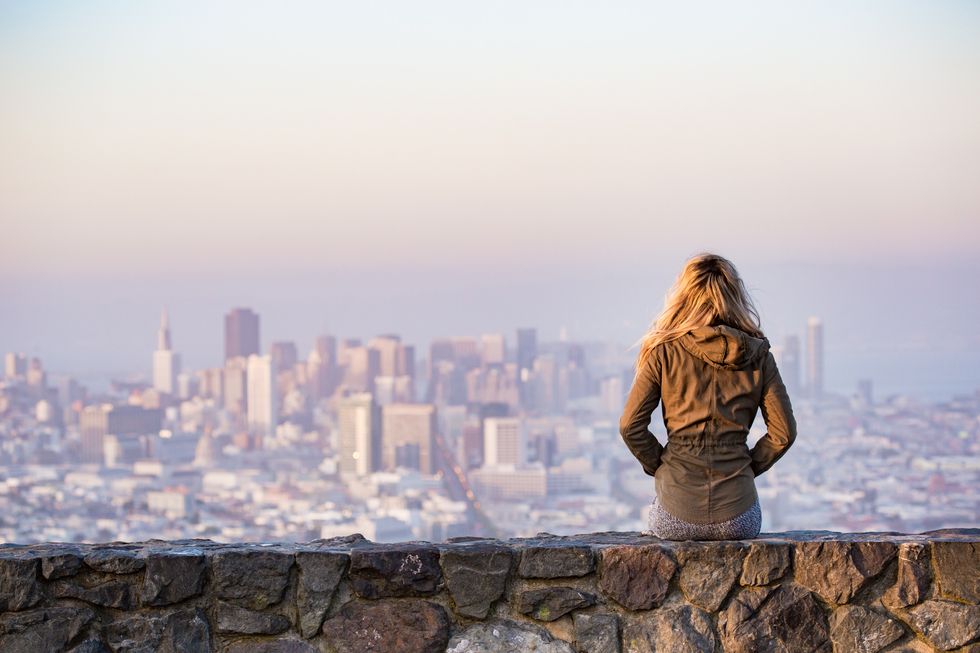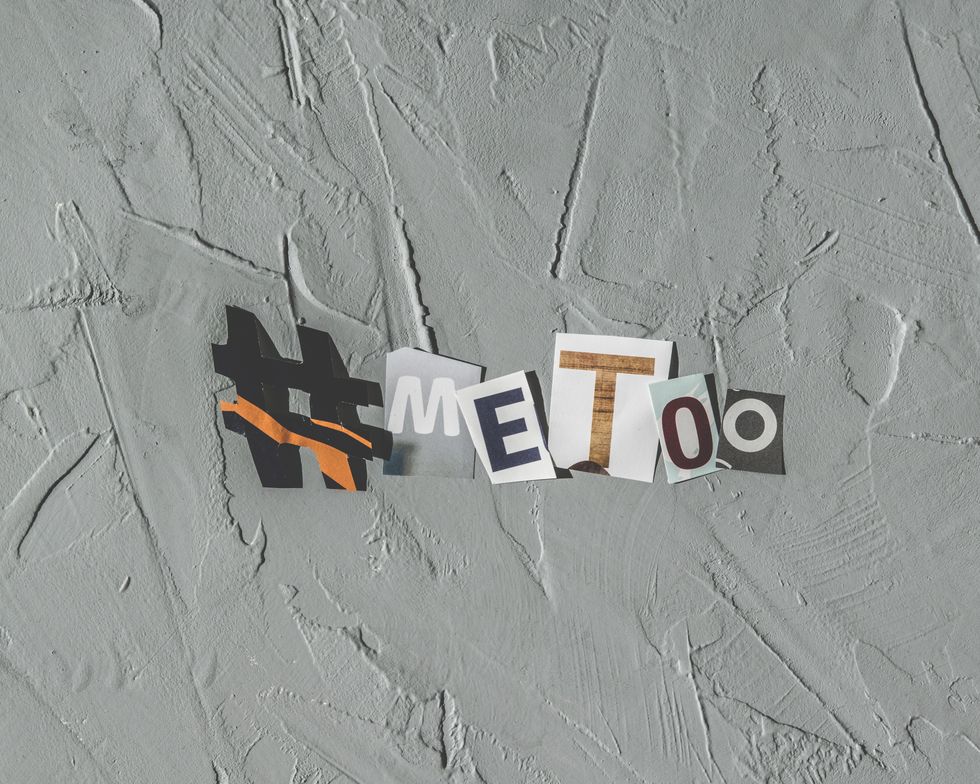The movement sparked from the #MeToo campaign is creating a dialogue long overdue. Sexual assault has been around since the beginning of time, like all other abuses of the physical form. People are inherently vulnerable -- but I think that’s one of our greatest strengths. Sharing my own #MeToo story has helped me take control of a moment that was out of my control.
#MeToo Stats
According to Rainn.com, an American is sexually assaulted every 98 seconds. That’s astonishing and incredibly disturbing. Younger people are at the highest risk, with nearly 70% of victims under age 30. Women 18-34 bear 54% of that burden.
More than 1.7 million people from 85 countries tweeted #MeToo last October. Facebook counted more than 12 million posts, comments, and reactions from 4.7 million users in just the first 24 hours. 45% of Facebook users in the U.S. had friends who posted “Me Too”.
Exposing Experiences
At 22 years old, I’m all too familiar with the ever-present threat of sexual violence. When the #MeToo movement blossomed, I started evaluating my own experiences. I was 16 years old, reading a book at the beach when an overweight, intoxicated man in his 60’s decided to focus in on me.
I ignored him like someone would ignore a wasp in the hopes it will go away. When he lingered, I politely asked him to leave. But like the wasp would ignore those words, he chose to sting anyway -- in broad daylight with dozens of people watching -- leaving that 16-year-old crying in her car, trying to call any friend that would listen.
That’s the moment I think about when I think about #MeToo because I felt completely defenseless. But it’s not the only story. There was the frat boy who assertively assumed I would be into unprotected sex because I danced with him for a few minutes. I shut him down without hesitation, but he followed me the remainder of the night -- maybe thinking he could get me to change my mind.
Add that to regular catcalls, drivers who slow down in traffic to stare at you, or the disgusting creep at nightclubs who takes advantage of close quarters to lean his groin against you and your friends. When I told that one to back off, he stuck his tongue out at me, thinking it was appropriate to mimic cunnilingus. Just a few weeks ago, a group of strangers pulled at my shirt as I walked past them at a bar. I could go down the rabbit hole here, but as my friends and I started swapping these stories, I realized the power we hold in our ability to tell them.
It’s terrifying to feel like you’re not in control of your circumstances. You feel very alone. But the #MeToo movement showed the world we’re not. Understanding how many men and women have suffered similar events brings strength to our vulnerability, and gives a visual meaning to the idea of strength in numbers. If you’re a survivor, you can anonymously share your story here .
The Power of Vulnerability
The vulnerability that makes people targets is the same vulnerability that allows us to make a significant change. One courageous tweet enabled millions of others to be courageous, too. Vulnerability is bringing down Hollywood kingpins like Cosby and Weinstein.
It’s bringing down the colleague that makes inappropriate jokes, the person who goes too far at a party, the old man hanging out at a women’s clothing store. It’s helping to shift a toxic culture we’ve accepted for far too long. So to the aggressors who have preyed on vulnerability, I regret to inform you the hunter has become the hunted. Strength grows from weakness, and now your time is up.


















